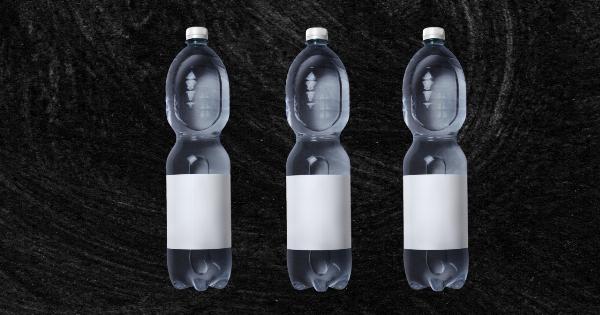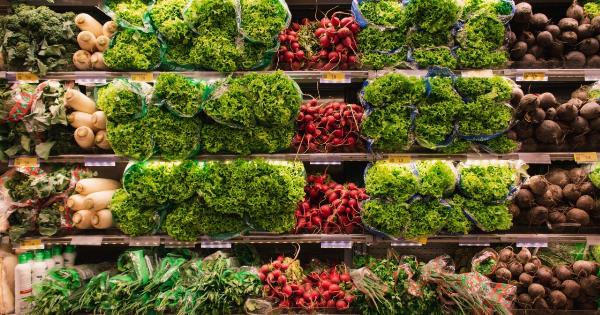While beverages play a significant role in our daily lives, it’s essential to be mindful of their potential hazards. Some drinks may contain harmful substances or pose health risks if consumed excessively or inappropriately.
To safeguard your well-being, it is crucial to familiarize yourself with straightforward rules and precautionary measures. This article will guide you on making safer choices and protecting yourself from potentially harmful beverages.
1. Read Labels and Ingredients Carefully
One of the first steps in protecting yourself from potentially harmful beverages is to read labels and ingredients carefully. Familiarize yourself with common additives, such as artificial sweeteners, high fructose corn syrup, and preservatives.
Look for clear descriptions and avoid products that contain unknown or potentially dangerous chemicals.
2. Pay Attention to Sugar Content
Sugar-packed beverages can contribute to numerous health issues, including weight gain, diabetes, and dental problems. Be cautious of the sugar content in the beverages you consume and opt for low-sugar alternatives whenever possible.
Water, herbal tea, and lightly flavored sparkling water are excellent alternatives that can quench your thirst without an excessive sugar overload.
3. Avoid Artificial Sweeteners
While artificial sweeteners may seem like an appealing substitute for sugar, research suggests they may have adverse health effects. Studies have linked them to an increased risk of weight gain, diabetes, and even certain cancers.
Be cautious when consuming beverages that contain artificial sweeteners and consider natural alternatives like stevia or honey instead.
4. Limit Caffeine Intake
While caffeine can provide a boost of energy, excessive consumption can lead to negative consequences such as sleep disturbances, increased heart rate, and anxiety. Evaluate your caffeine intake and be mindful of the potential risks.
Opt for decaffeinated choices or herbal teas that offer a soothing effect without the caffeine jolt.
5. Choose Hydrating Options
Hydration is crucial for overall well-being, so opt for beverages that prioritize hydration. Plain water should always be your go-to choice.
However, if you prefer flavored beverages, choose natural fruit-infused water or coconut water to maintain hydration levels while avoiding unnecessary additives.
6. Be Wary of Energy Drinks
Energy drinks might provide a quick boost, but they often contain high levels of caffeine and sugar. Consuming these beverages excessively can lead to heart palpitations, jitters, and even serious health complications.
It is best to limit or avoid energy drinks altogether, opting for healthier ways to boost your energy levels, such as a balanced diet, regular exercise, and sufficient sleep.
7. Ensure Proper Storage and Freshness
Proper storage and freshness are crucial when considering the safety of beverages. Always check the expiration dates and ensure that the seal is intact before consuming any bottled or canned drinks.
Avoid purchasing beverages from untrustworthy sources, and prioritize buying from reputable brands and suppliers.
8. Be Mindful of Alcohol Consumption
Alcohol can have severe impacts on your health and well-being, especially when consumed excessively. It is important to be mindful of your alcohol intake and follow the recommended guidelines established by health professionals.
Excessive alcohol consumption can lead to liver damage, impaired judgment, addiction, and various other complications.
9. Stay Informed about Recalls and Contamination
Stay well-informed about any beverage recalls and concerns of contamination. Government health agencies and organizations regularly release updates on potentially harmful beverage products.
Keeping an eye on these reports can help you avoid purchasing or consuming drinks that may pose health risks.
10. Listen to Your Body
Finally, listen to your body and be aware of how different beverages affect you personally. Everyone’s tolerance and reactions to certain substances may vary.
If you notice uncomfortable symptoms after consuming a particular drink, it may be a sign that it is not suitable for you. Pay attention to these signals and make adjustments to your beverage choices accordingly.
By following these straightforward rules and precautionary measures, you can better protect yourself from potentially harmful beverages.
Remember to read labels, avoid excessive sugar and artificial sweeteners, limit caffeine intake, choose hydrating options, and be mindful of alcohol consumption. Prioritizing your health and well-being includes making informed choices regarding the drinks you consume. Drink responsibly and prioritize your safety above all.





























